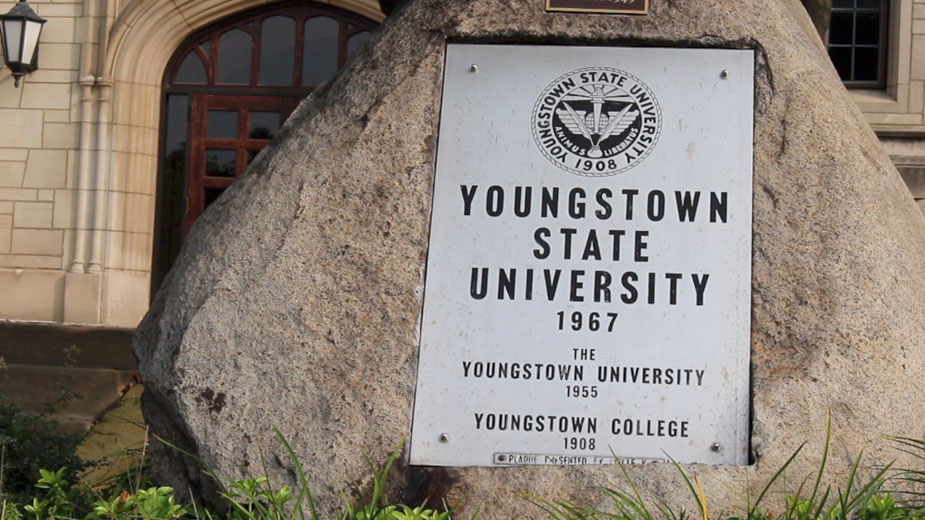By Amy Laurel Fluker
Robert W. Reeder I Endowed Assistant Professor of History, Youngstown State University
The study of history takes place in a strange middle ground between “stuffy” academic discipline and wildly popular pastime. In the minds of many, history remains an “ivory tower” discipline – backward-looking, unchanging, removed from reality.
At the same time, history enjoys a lot of popular appeal. We are surrounded by proof that people care passionately about the past. Nearly every museum, monument, historical marker, holiday and festival offers evidence that people feel an almost universal desire to preserve their history and share it with future generations.
Whenever people acknowledge the past in the present day, they are participating in the creation of historical “memory.” In other words, they are indicating that some parts of history are more meaningful to them than others; more worthy of sharing and more worthy of saving. If you’ve ever kept a family recipe, attended the Youngstown Italian Festival, or flown an American flag on Memorial Day, you’ve played a part in this process.
Most of us are taught to think of history as cut-and-dry. Things either happened or they didn’t and, once those facts are established, that’s where the drama of history ends. But, when we think about the study of history as the study of memory – a study of how history gets told, retold and passed down – we can begin to appreciate its real-world relevance.
First and foremost, the study of memory reveals that history is a matter of interpretation. You’ve heard about people with “selective memory” – this applies to historical memory, too. In order to tell flattering stories about themselves, individuals, communities and even nations pick and choose the parts of the past they are most proud of. Inevitably, some parts of history get more attention than others. As a result, the ways in which people interpret their past teaches us a lot about the things that are most important to them. Studying memory provides special insight into the cultural values and the social systems that shape our lives.
The study of memory also shows that how we remember history helps define us as individuals and communities. The history we share with others forms a tie that binds us together. It becomes the basis of a shared identity that we often celebrate on historically appropriate occasions, like anniversaries or holidays. But memory can divide as well as unify. When people share beliefs about the past, it creates a bond. When those beliefs clash or contradict, it can cause conflict.
Memory can serve to draw hard and fast lines between “us” and “them.” In consequence, it has sometimes been used to justify atrocities against those deemed “others.” Russian President Vladmir Putin has consistently used the memory of World War II to justify the ongoing war in Ukraine. In Putin’s distorted interpretation of history, the invasion of Ukraine is a continuation of the “Great Patriotic War” the Soviets waged against the Nazis. Putin’s regime has deliberately erased any acknowledgment of Soviet-era war crimes from the historical record. The Ministry of Education has even proposed to implement a state-sanctioned history course designed to impose a “correct” and patriotic interpretation of Russian history.
Russia offers an extreme example, but one that speaks to the significant influence historical memory holds over our daily lives. Far from a stuffy, ivory-tower pursuit, memory gives the study of history immediate and consequential stakes.
Only when we realize that our popularly held beliefs about the past are the product of a selective process of remembering and forgetting can we understand how easily history can be manipulated. It can be interpreted in a way to reinforce pride in our shared experiences, but it can also be weaponized. Therefore, we should all think critically about what we believe about the past and why.
Fluker holds a bachelor’s degree in American History from Westminster College in Missouri and master’s and PhD degrees in American History from the University of Mississippi. She is the Robert W. Reeder I Memorial Endowed Professor of History.
